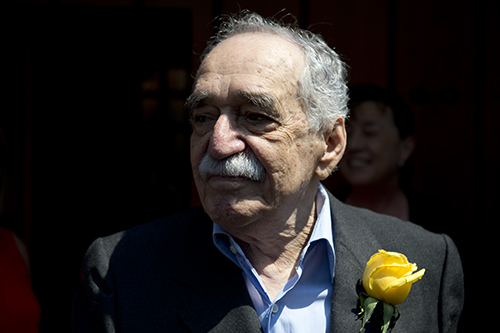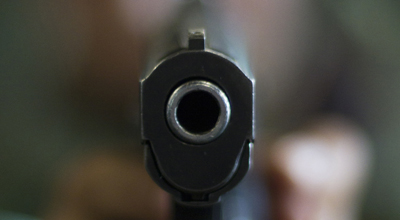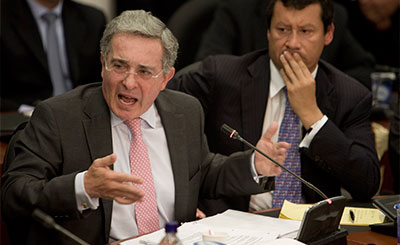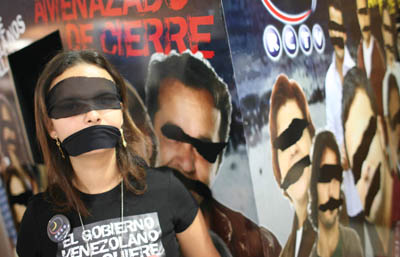Claims police spied on two journalists revive surveillance fears of Colombia’s press
When Claudia Morales’s six-year-old daughter asks about her mother’s bodyguards, the Colombian journalist tells her they are colleagues. “She’s too young to understand,” Morales, who works for the Bogotá-based Caracol Radio in the city of Armenia, told CPJ in a telephone interview. Vicky Dávila, the news director of LA Fm Radio who also has private…
Fabricated attacks by Colombian journalists mask real dangers
Although Colombian journalists are frequently threatened by Marxist guerrillas, criminal gangs, and corrupt politicians trying to silence them, two recent cases that created widespread concern–including alerts from CPJ–were fabricated by the very reporters who claimed to have been targeted.

Why García Márquez’s work to improve press protection in Colombia is still vital
To coincide with Colombia’s national day for journalists the Colombian organization Foundation for Freedom of the Press (FLIP) has published its annual report on press freedom conditions. The review of challenges faced by the media in 2014 comes as we remember the loss last year of one of the great defenders and promoters of Colombian…
CPJ testifies on challenges to democracy in the Americas
Carlos Lauría’s testimony starts at 1:10 in the video. Carlos Lauría, CPJ’s Americas senior program coordinator, provided testimony before the Subcommittee on the Western Hemisphere of US House of Representatives on Tuesday. Lauría emphasized that violence and government harassment are the main emerging trends that illustrate the major challenges facing the press in the Western…
Protests in Catatumbo add to risk in Colombia
Reporting from Catatumbo, a region in northern Colombia dominated by guerrillas and drug traffickers, has always been challenging. But working conditions for journalists have seriously deteriorated amid nearly two months of anti-government protests pitting thousands of angry peasant farmers against soldiers and riot police.

Journalists still murdered where impunity reigns
Almost half of the 67 journalists killed worldwide in 2012 were targeted and murdered for their work, research by the Committee to Protect Journalists shows. The vast majority covered politics. Many also reported on war, human rights, and crime. In almost half of these cases, political groups are the suspected source of fire. There has…

Uribe’s angry tweets do more than antagonize
More than a year after he left office, Álvaro Uribe Vélez confessed that “it was not in him” to live as a former president. And in fact, having dominated Colombian politics for eight years, it has been impossible for Uribe to fade from the public eye since leaving office in August 2010. Instead of retiring…

Statute of limitations, the challenge for Colombian justice
The issue of impunity affects all Colombian citizens’ access to real justice; it is not only a problem for crimes against journalists. Several human rights bodies and non-governmental organizations agree that Colombia dwells in a striking situation of impunity, especially concerning crimes committed during the ongoing armed conflict.
